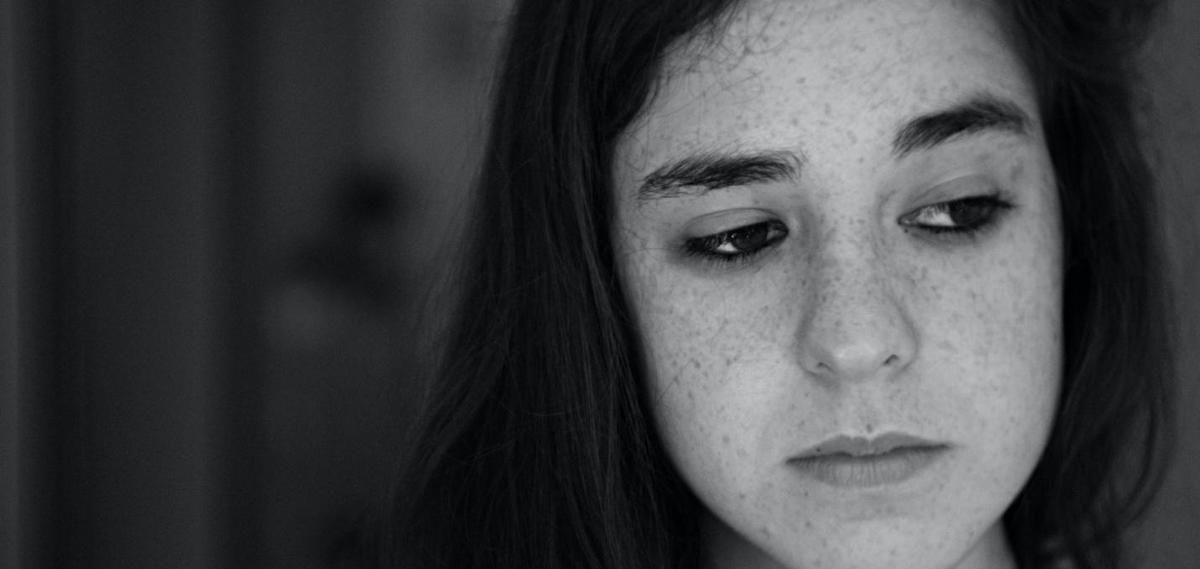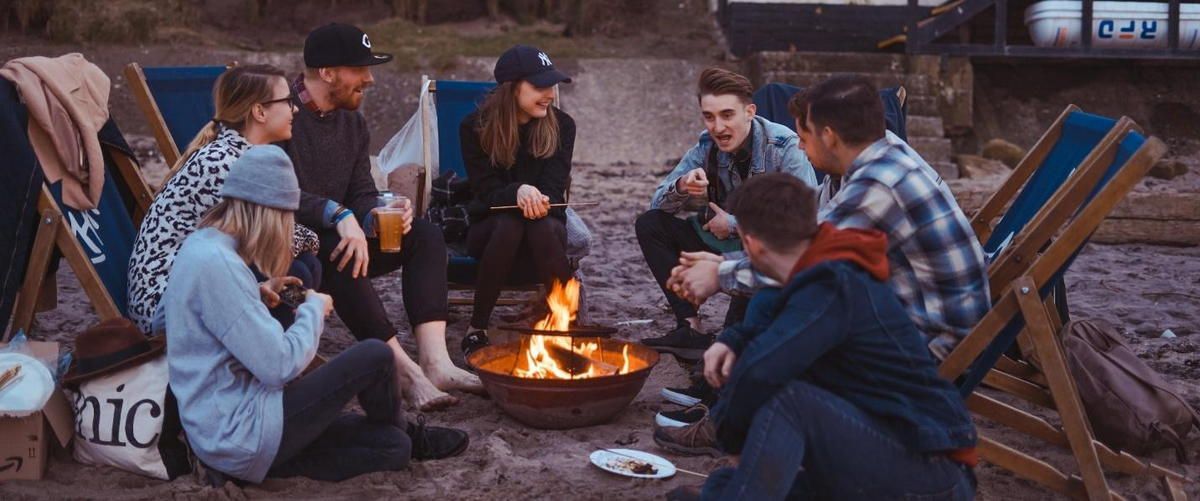Helping Traumatic Brain Injury Clients Heal at Home: How River Shores Counseling Makes Recovery Easier
Recovering from a traumatic brain injury (TBI) or concussion isn’t just about physical healing—it’s about learning how to navigate life again. At River Shores Counseling, we specialize in providing behavioral therapy for individuals with TBI and concussion, and we do it in a way that works best for our clients: online and from the comfort of their own home.
Whether your injury happened recently or years ago, the challenges can be ongoing—memory issues, forgetfulness, sensory overload, disorganization, or safety concerns. These symptoms can make everyday tasks feel overwhelming.
That’s why we offer a therapy approach that meets people where they are: at home, online, and focused on practical solutions they can start using right away.
Why Online Therapy for TBI Makes Sense
Traditional therapy often requires travel, time off work, and a structured environment that can feel exhausting or even impossible for someone with a brain injury. That’s where online therapy becomes a game-changer.
At River Shores Counseling, our virtual therapy model allows clients to:
- Attend sessions from the safety and comfort of home
- Avoid the fatigue and risk that comes with driving or navigating busy environments
- Practice new strategies in the actual spaces where they live—kitchens, bathrooms, living rooms
- Work at their own pace with a therapist who understands TBI and customizes support to fit their needs
Behavioral Therapy for Brain Injury: What We Focus On
TBI and concussion recovery often involves challenges with:
- Memory
- Planning and organization
- Sensory sensitivity
- Safety concerns
- Emotional regulation
Our therapists use behavioral and environmental strategies to support these areas in real, tangible ways. Let’s look at some of the most effective tools we help clients use.
Executive Functioning & Memory Support
Daily routines can fall apart quickly when you have trouble remembering or focusing. That’s why we start with tools that bring structure back into daily life:
- Visual Schedules: Charts or posters placed around the home that show daily routines step by step
- Checklists for Everyday Tasks: For things like cooking, personal hygiene, or locking the door—plus tricks like taking a photo of your stove or door to check later
- Labels on Drawers and Cabinets: So you don’t have to open everything just to find one thing
- Phone Reminders and Calendar Alerts: These help with medication, appointments, and keeping on schedule
- Clear Bins and Visible Organizers: Reduce decision fatigue and keep essentials within view
- “Anchor Spots” in the Home: A specific bowl for your keys or a hook for your purse can prevent hours of frustration
These strategies work because they reduce the mental load, letting your brain focus on healing—not constantly trying to remember what’s next.
Home Safety Strategies After TBI
Brain injuries can make judgment, coordination, and attention unpredictable. That’s why we help clients set up their homes to be safer and more secure.
Here are a few of the tools we recommend:
- Appliances with Auto Shut-Off: Use a microwave or toaster oven instead of a stove to avoid accidental fires
- Furniture Placement Adjustments: Clear walking paths to reduce tripping and bumping into furniture
- Cabinet Locks: For cleaning supplies or medications that could be dangerous if used incorrectly
- Lower Water Heater Temps: To avoid accidental burns in the shower or sink
- Emergency Contact Lists: Posted in easy-to-see places for quick access when needed
Safety isn’t just about avoiding accidents—it’s about reducing stress and building confidence in everyday activities.
Managing Sensory Overload at Home
People with TBIs often describe feeling “flooded” by sounds, lights, or visual clutter. We help clients create a more calming home environment that supports healing, not sensory overload.
Here are some of the changes that make a big difference:
- Switching to Soft Lighting: Dimmers, lamps, and warm-toned bulbs help avoid the harshness of overhead lights
- Clearing Clutter: Removing excessive decor or extra items reduces visual chaos
- Using Weighted Blankets or Headphones: These create a calming effect during overwhelming moments
- Designating a Calm Space: A small, quiet spot like a closet or guest room with soft lighting and minimal noise
- Coping Tools: Fidget items, noise machines, or sensory kits help reduce anxiety and give your brain a break
The River Shores Difference: Compassionate, Customized Support
Every brain injury is different. That’s why we never take a one-size-fits-all approach. At River Shores Counseling, our therapists:
- Have experience working specifically with TBI and concussion clients
- Provide customized strategies based on the client’s symptoms, home environment, and goals
- Use real-time video sessions to see how tools and strategies are working in the actual space
- Offer ongoing feedback and encouragement to make adjustments as needed
We also work closely with caregivers, case managers, or legal teams if appropriate—helping to create a full circle of support.
Who We Work With
We support a wide range of TBI clients, including:
- People recovering from car accidents
- Clients with concussion-related symptoms months or years later
- Individuals experiencing post-traumatic cognitive challenges
- Clients referred by physical therapy centers, neurologists, or rehab centers
Our services are ideal for:
- People who can’t or prefer not to travel for appointments
- Those who want to apply therapy techniques directly in their own home
- Clients looking for a real-life, skills-based approach to recovery
Why This Matters: Life After Brain Injury
We often hear from clients who feel lost, anxious, or stuck after a brain injury. They’ve recovered “medically,” but everyday life still feels out of control. That’s where behavioral therapy helps.
By creating structure, improving memory systems, and reducing environmental stress, we help clients:
- Feel more confident in their daily routines
- Reduce accidents and stress
- Build habits that support long-term healing
- Improve their quality of life
Healing from a brain injury doesn’t stop at the hospital. It continues every day—at home, in real life.
Ready to Get Started?
If you or someone you know is struggling after a TBI or concussion, River Shores Counseling is here to help.
We offer secure, online therapy with experienced clinicians who understand what brain injury recovery really looks like—and how to make it easier, step by step.
Contact us today to schedule a consultation or refer a client (904-737-3232 or email at admin@rivershorescounseling.com)










